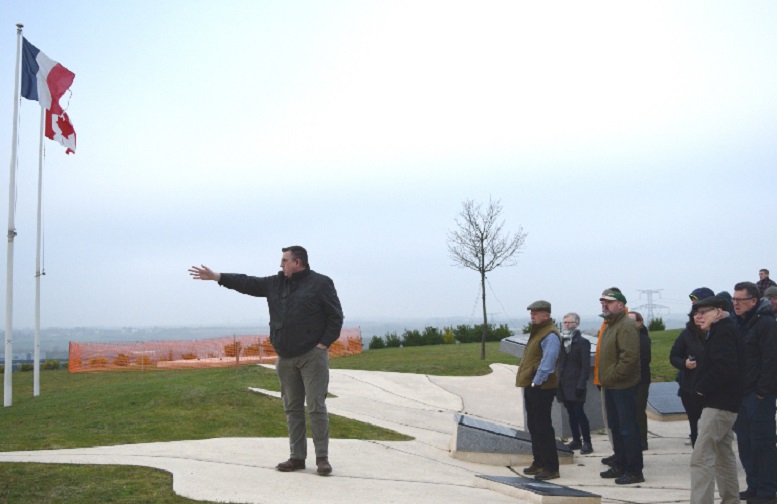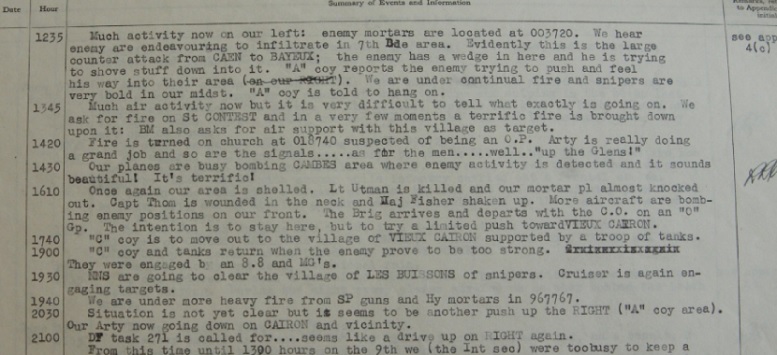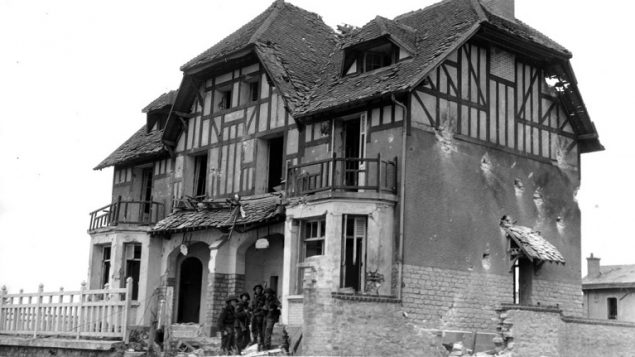It was truly frightening, and deadly for far too many, but it had to be done.
On June 6, 1944, about 150,000 Allied troops aboard flimsy landing craft being hit by bullets, shellfire, and underwater mines, pushed through the waves and onto the Normandy beaches to begin liberating Europe from the Nazis. Some 14,000 were Canadian who were to wrest control of a central area from Vaux to St. Aubain, including Courseulles and Bernieres. The beach liberated, the Canadians pushed inward against determined and bitter resistance in the Normandy Campaign.
A new project seeks to tell this tale through an innovative use of virtual reality. Valour Canada is a non-profit organisation whose purpose is to help educate Canadians about their shared military history. Peter Boyle is President of Valour Canada.
After over a year of filming on locations from the beach to the various battle sites across Normandy, the project is now complete and the D-Day and Normandy campaign portal will be unveiled and available on the Valour Canada website on the anniversary, June 6th.

Peter Boyle, president of Valour Canada, describing the Battle of May-sur-Orne and Verriers Ridge from Point 67 in France. (Nancy Saxberg)
Having already completed the “Dieppe” battle portal as a template, the D-Day/Normandy portal will allow students to navigate on their own in a 6-axis 360-field across the battle sites, with a variety of special locations with links to details on the particular importance of that site.
Boyle is quick to point out the virtual reality site is not designed to be, and certainly isn’t anything like a video game.
It is instead a unique learning tool for education of an important time in Canadian history.

War Diaries: June 8, 44 Stormont, Dundas, and Glengarry Highlanders (of eastern Ontario)
Boyle says that while the standard use of books and even film documentaries can teach students about history, the use of virtual reality allows them much greater control about what they’re learning and so probably much greater interest and retention. He says its important for young Canadians to learn about the character of Canadians of past generations, along with the use of war, when it is needed, when not, and the terrible costs.
He says young people need to know this as they will grow to be the voters and political leaders of the future.
additional infomation







For reasons beyond our control, and for an undetermined period of time, our comment section is now closed. However, our social networks remain open to your contributions.